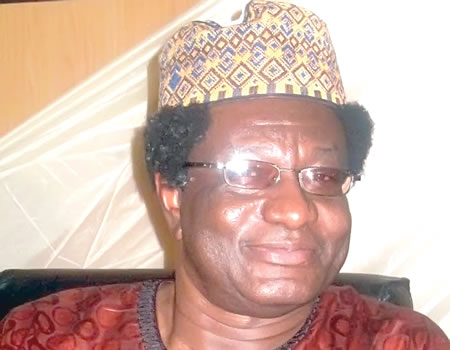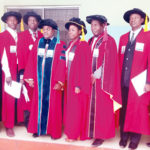Focusing on your book, Icarus Rising, what catches a reader’s attention is the nod to Greek mythology, with references to Icarus and Helen of Troy. Did you find parallels or intersections in local myths?
As a student and scholar of literature, I have always been fascinated by myths and their universal resonance. Inevitably that has also found its way into aspects of my creative writing because it allows me to experiment in certain ways with form and content. Also because I am experimenting with indigenous material including folklore, one has been drawn to the aspect of comparative mythology, whereby one compares myths from different cultures in an attempt to identify shared themes and characteristics.
Interestingly, this was one of the reasons that delayed the publication of Icarus Rising because in the process of writing, I was also researching for our own parallels or points of intersection. I didn’t find exact parallels partly because there seems to be poor documentation of our own myths. So my approach eventually was to find thematic intersections as is evident in the closing section of the title poem where I used a variety of Nigerian languages to express a particular theme.
Looking at the compilation of the poems in your collection, they moved from love, inspiration, such as ‘Battering Ram’ to the outright political, such as ‘Trayvon’ and ‘As Syria’. What influenced the selection of the poems that formed this collection and the order in which they were presented?
As a writer, one is an observer of society and the world has become a global village. Coupled with my universalist inclinations from the standpoint of literature and forays in activism, I tend to find inspiration in things within and outside my immediate locale. The writer cannot operate in a vacuum and the more sensitive he becomes, the more he is able to find inspiration even in the most unlikely of places and situations.
My approach to putting together a poetry collection has always been like that of a musician producing an album of songs. Usually you do not see the demarcations on an album, as the tracks tend to flow into each other. So whereas some poets and publishers have the tendency of deciding to demarcate the poems in obvious sections, my approach thus far has been deliberately opposite. I prefer trying to bait the reader and draw him or her into the collection, so that the flow is sustained to the end without any obvious demarcations.
However, a closer reading would show that the poems are actually arranged in a basic thematic structure as you have observed in terms of the ordering. It also helps me when putting together a collection, because at various points I can assess the strength or weakness of the flow, and work towards sustaining the basic energy of the collection. That way I can weed out or change phrases or images that are weak, or those that re-occur without adding much substance to the work. At that point also, I can identify the poems that don’t fit into the flow of the collection, or I have to write new poems to fill what I perceive as gaps in the flow, or a flagging in the poetic energy of the collection.
You used poetry as a form of social commentary in some of the poems. ‘Search’ is a short poem that throws some introspection on religion for instance. Poetry and religion have had a long, sometimes controversial history. How convenient a tool is poetry in probing sensitive ideas like faith?
Poetry is very much a part of religion given that it was the earliest form of record keeping for mankind, and at some point was even considered the most important genre of literature. Several significant religious texts were initially recorded in the poetic form, and there are sections of the Bible and Qur’an that are still essentially poetry. Thus in the Bible, for instance, there is the wisdom poetry from Job to Proverbs, Praise and Prophetic poems in the Psalms, and love poetry in the Song of Solomon.
Poetry, therefore, can be a tool for exploring any idea including faith related issues. It all depends on the skill of the poet and the purpose of his or her exploration. We all, at some point and for various reasons, have had to mull on the issue of the role of God in our lives.






